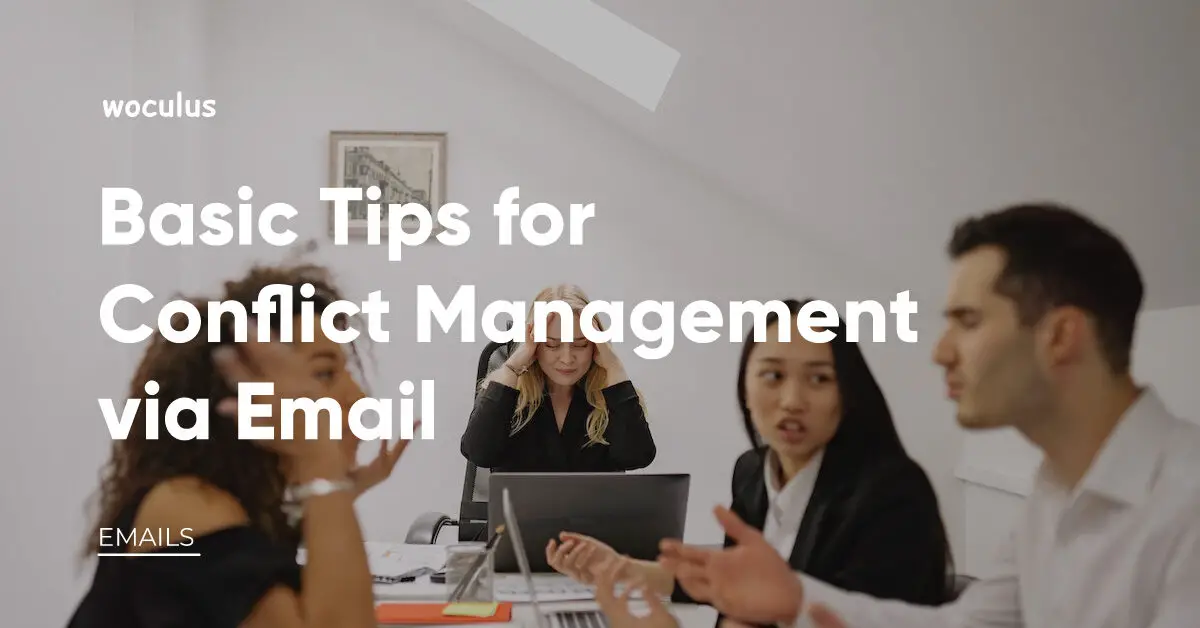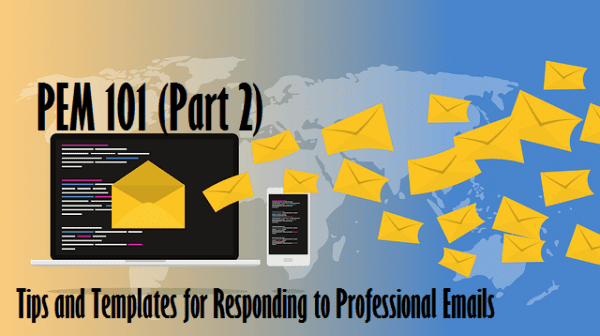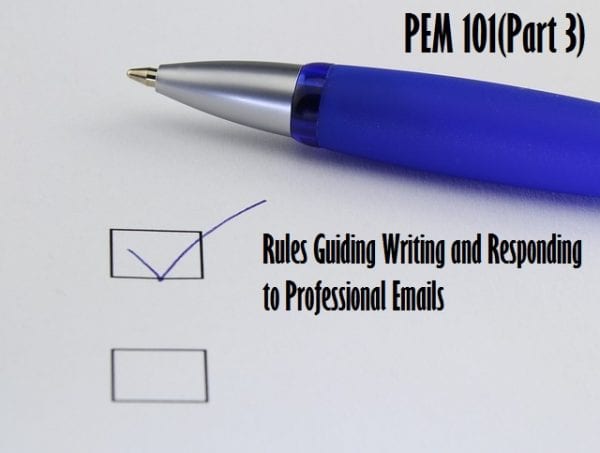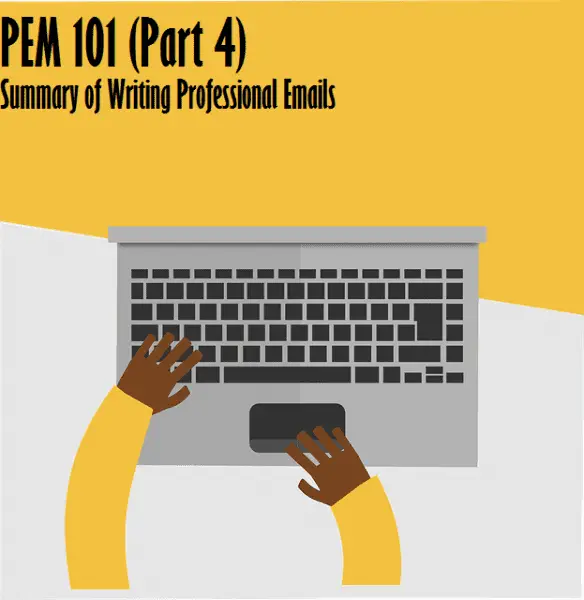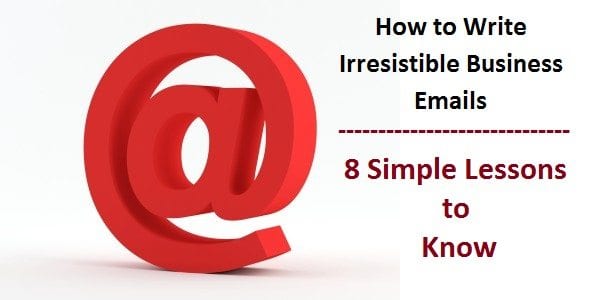Everyone communicates, doing so effectively is paramount in conflict management via email. It is possible to keep passing information across without effectively communicating to the other party. This is the reason most conflicts are left unresolved.
To resolve a conflict with a person, seeking to understand the other party is perhaps the first thing to be noted. This is the reason matters have a higher tendency of resolving faster when both parties involved in the act of communication seek to understand each other through the act of listening.
Listening is a skill everyone develops. It often tends to be a harder skill to develop than speaking. However, when it comes to conflict management via email, the bulk of your email may have to be geared towards encouraging the person to open up on deep rooted issues. You may need to encourage the person on the other end to express his or herself freely so that you may understand his or her point of view.
The intention is not so that you may agree with the point of view, but to see issues from the angle of the other person. Ensure to only communicate your perspective regarding the subject of conflict only after you have listened to the other side. This may require an amount of self-discipline on your part.
Tips on Conflict Management via Email
In writing an email to resolve a conflict and encouraging the other person to communicate his or her view concerning the issue to resolve, take note of the following tips for conflict management via email:
- Begin the letter with what you at least agree on in the whole matter.
- Do not use negative remarks. Avoid spiteful words even when you feel hurt. Often, we hurt others with our words simply because we feel emotional about the issue. This is one of the reasons to avoid sending your email while you have not succeeded in calming your nerve in conflict management via email. You may have to take a break for a while before sending your email especially if it’s a response to an attack on you.
- There are cases whereby a delay may be detrimental to the relationship with the other party. In a situation like this, if you are the recipient of the first email, write to acknowledge that the email has been received and promise to send your reply soon.
- The state of our minds affects the way we communicate. Often, the manner of communication could cause conflicts to escalate. This is why it is generally best to stay calm when resolving a conflict. It would lead to a more effective way of communicating to others thereby saving our relationships with them. For instance, trying to resolve issues while you are stressed may affect the way you communicate, making matters to escalate.
- Ask questions in your email. This is in the bid to understand the other party. Asking questions enables you to see clearly the point you disagree on, understand the person’s point of view and sometimes it may help clear confusion.
- Look out for words laden with emotion. They give insight into what the person might be feeling. When you understand the way the person feels, you can acknowledge that you recognize how the person feels. It does not necessarily mean you are validating the negative emotion.
- “I understand that you feel angry concerning this issue…”
- This statement does not mean you approve of the anger. Sometimes, because of the lack of knowledge of how to express our emotion to others, we may resort to the use of volatile words. Acknowledging the emotion of the other person may help the matter and stop the use of scathing remarks or curt replies.
- This statement does not mean you approve of the anger. Sometimes, because of the lack of knowledge of how to express our emotion to others, we may resort to the use of volatile words. Acknowledging the emotion of the other person may help the matter and stop the use of scathing remarks or curt replies.
- “I understand that you feel angry concerning this issue…”
- There are times we may find the person we are dealing with unreasonable. Even the most unreasonable person can be understood with effective communication. Remain calm when dealing with such persons. Often there are some other underlying factors that may have affected the judgment and perspective of the person you are relating with. Do not attempt to persuade the person to see things the way you do. In some cases, your calm disposition in the face of provocation may, in turn, be the reason the person may choose to pay attention to what you have to say.
- Make a list of points of concern to you. Express how you feel about the matter instead of throwing accusations. For instance,
- “I felt overwhelmed with so much work after the closing hour when I could not find you. I was left in the dark not knowing what may have given rise to your absence since I was not aware of any notice of this absence”.
- You have successfully passed across your message by stating how you felt and describing the situation you found yourself instead of focusing on the person’s action, of which he may attempt to defend. Compare with,
- “You left me in the dark and left so much work for me to do. You absconded from your responsibility and I had to do everything alone”.
- “I felt overwhelmed with so much work after the closing hour when I could not find you. I was left in the dark not knowing what may have given rise to your absence since I was not aware of any notice of this absence”.
- You may need to recognize the fact that the purpose of your communication is to resolve an issue (which would be achieved if you understand the person you are communicating with), and if possible, bring about a change of behavior in the process. But a change of behavior or converting a person to view matters along the line of our perspective should not be the goal of a communication experience. Making this a sole aim may lead to frustration which may further strain the relationship.
- Conflict management via email has a limitation you need to give consideration to. This is in the area of reading non-verbal cues. Tones may be inferred, especially if you have prior knowledge of the personality you are dealing with.
- Without attacking the personality, discuss the subject of the conflict. Acknowledge the view expressed by the person and state yours clearly.
- Feel comfortable in taking the initiative to resolve an issue. It does not in any way diminish you nor does it signify that you are admitting to being wrong.
- The purpose of conflict management via email is not to make the person see his wrong neither is it to make him admit it. Often, people tend to admit their wrong openly when they realized that their point of view is well acknowledged.
- Realize that just like you, other factors may come to play and affect the person’s interaction with you. Assumptions and how the person perceives you may color how he judges the situation and interprets it. We often deduce information we receive based on how we view the person communicating. Stress and other personal challenges contribute to how effectively we communicate and handle conflicts with other people.
Sample Email 1: Conflict Management via Email
Dear Mike, Thank you for sending me feedback on how my constant delay of the project report and presentation has affected the overall work. I do agree with you on that note that sometimes, the supervisors just want to see a model and be assured work is underway even if we are yet to take any major step in the execution of the project. I appreciate your concern and realize how it may have made you feel whenever the supervisors turn to you asking questions pertaining to the presentation. Those occasions where we had nothing to present was as a result of the fact that I found it challenging to put up something in skeletal form. I believe it would look bad for our departments if we had shallow presentations consistently in those meetings. We may be unknowingly making an impression of our team as having no clue and incompetent. This I believe we should avoid. We have sent reports to the right quarters documenting all the challenges we are facing presently and those we envisage. These are the barriers we are facing presently. We hope that this will be attended to soon. We will have a more solid presentation during the next meeting. Thank you. Best wishes, Henry
In the above sample for conflict management via email, an attempt has been made to divert the attention of the other party to the major problem with the work. The challenges which have been presented in the report are the barriers. At least, that is the way the writer of the email sees it. The absence of a report to present is not seen as the challenge faced by the team.
Here, the writer states his point of view without ridiculing or showing how inferior the other person’s point was. The situation hence calls for them reasoning together.
Sample Email 2: Conflict Management via Email
Dear Beatrice, First of all, thank you for your email. It gave insight into areas we need to work on as a department. Your displeasure is quite understandable also. I realize that there may have been certain things that do not meet up to your expectations. While this is so, permit me to say we are working on it. However, presently our mode of operation is according to the guidelines given by the overall head of the team. I believe we have duly followed these guidelines and did not miss a single detail there as at today. This may be why some matters are not understood for now. I will also like to assure you that we will carry you along on issues related to your department. Thank you so much for your understanding. Regards, Francesca
In this sample for conflict management via email, the writer was careful to show that she totally understands the recipient’s perspective. She then clearly explained the situation and showed a willingness to keep the recipient abreast of any other matter that might be relevant to him or her.
Conflict Resolution Email Example
Subject: Resolving Recent Disagreement Dear [Recipient's Name], I hope this email finds you well. I wanted to address the recent disagreement we had regarding [specific issue]. I value our working relationship and believe open communication is essential. I apologize for any misunderstandings my actions may have caused and am committed to finding a solution that works for both of us. Let's schedule a brief meeting to discuss our perspectives and collaborate on a resolution. Thank you for your understanding and willingness to work through this. I look forward to our conversation. Best regards, [Your Name]
Conflict Check Email Template
Subject: Request for Conflict Check Dear [Recipient's Name], I trust this email finds you well. We are currently in the process of [brief description of the project/task] for [client's name]. Before proceeding further, I kindly request you to conduct a conflict check to ensure there are no potential conflicts of interest. Your prompt attention to this matter is greatly appreciated. Please let me know at your earliest convenience if any conflicts are identified, and we can take the necessary steps to address them appropriately. Thank you for your cooperation. Best regards, [Your Name]
Meeting Conflict Email
Subject: Urgent Meeting Conflict Dear [Recipient's Name], I hope you're well. Unfortunately, a conflict has arisen in our schedules, and I must request a reschedule of our upcoming meeting on [date and time]. An unexpected commitment requires my presence during the same time frame. I apologize for any inconvenience this may cause and value our collaboration. Could we please consider alternatives, such as [suggest a couple of possible dates/times]? Your flexibility is greatly appreciated. Thank you for your understanding, and I look forward to finding a suitable solution. Best regards, [Your Name]
Conclusion
As we navigate the digital age, nurturing effective conflict resolution through email not only cultivates harmonious relationships but also paves the way for open dialogue and understanding.
Check out more Conflict Management Email Templates and Samples

